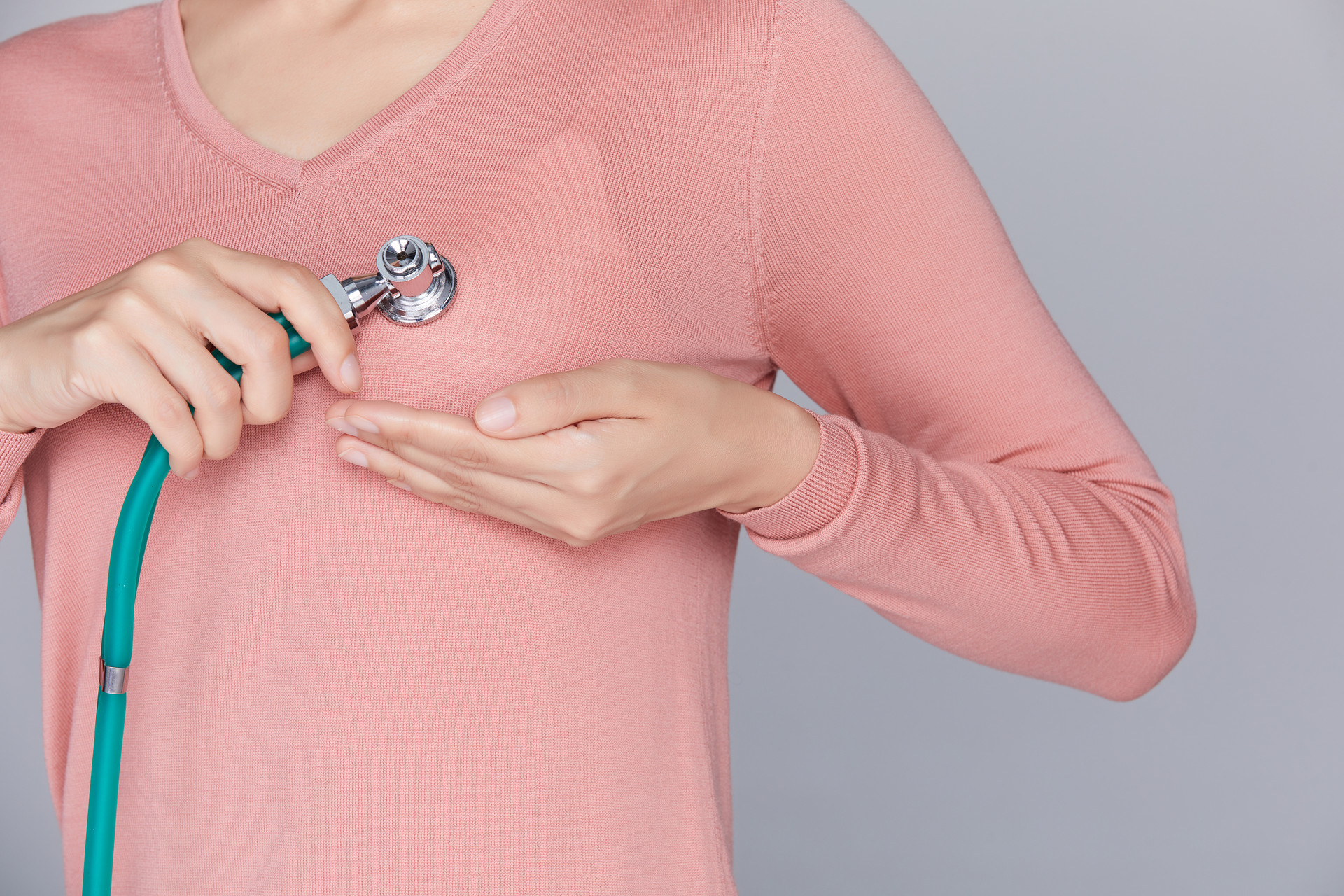Firstly, there is urinary tract infection, such as urethritis, cystitis, pyelonephritis, etc. The prevention method is that both men and women should wash their external genitalia regularly. Before each sexual intercourse, both parties should clean their genitalia and external genitalia. Women should urinate and clean their external genitalia again after intercourse to reduce the chance of infection.
Secondly, there is fainting during sexual intercourse. Due to excessive nervousness, fear, or excitement, the bride may experience symptoms of cerebral ischemia during sexual intercourse, such as palpitations, shortness of breath, pale complexion, cold sweats, low blood pressure, weak pulse, cold and damp limbs, dazed expression, and speech impairment.
In such cases, the bride's head should be lowered, and she should drink a cup of sugar water. Generally, she can slowly recover. If consciousness is still unclear, she should be taken to the hospital for treatment. The preventive measures are that the bride should be in a relaxed mood, avoid excessive nervousness, and the emotional relationship between the couple should be harmonious. The groom should restrain himself and be gentle in his movements, avoiding roughness.
Thirdly, there is vaginal injury in women, such as vaginal tears, excessive bleeding, and vaginal vault injuries. These are caused by rough movements and excessive force from the groom. In particular, if the husband lacks self-control after drinking alcohol and engages in rough sexual intercourse, these accidents may occur, and some may result in excessive bleeding leading to shock. If this happens, sexual activity should be stopped, and a disinfectant cotton ball should be applied to the bleeding site for a while. In severe cases, the person should be taken to the hospital for treatment.
Fourthly, there is vaginal spasm. A very small number of brides may have a fear of sexual activity due to a lack of understanding, resulting in vaginal spasm during intercourse, making it difficult to proceed smoothly and even causing the penis to become trapped and difficult to remove. The preventive measure is for the bride to cooperate and coordinate, not to be nervous, and to view sexual intercourse as part of a happy and fulfilling life. If there is vaginal spasm, a spasmolytic and sedative medication, such as atropine or luminal, can be taken half an hour before intercourse. If there is vaginal malformation or narrowing, medical treatment should be sought.
Fifthly, there is penile injury in men. Some grooms may be impatient and rush during sexual intercourse, causing injuries to the glans or the frenulum, resulting in bleeding and intense pain. In mild cases, resting for a few days can lead to recovery, while in severe cases, timely medical treatment should be sought.







